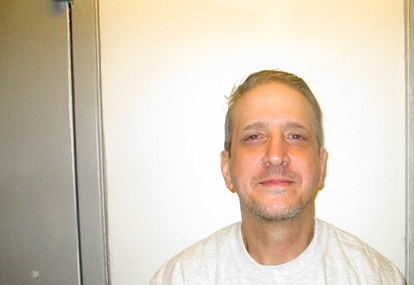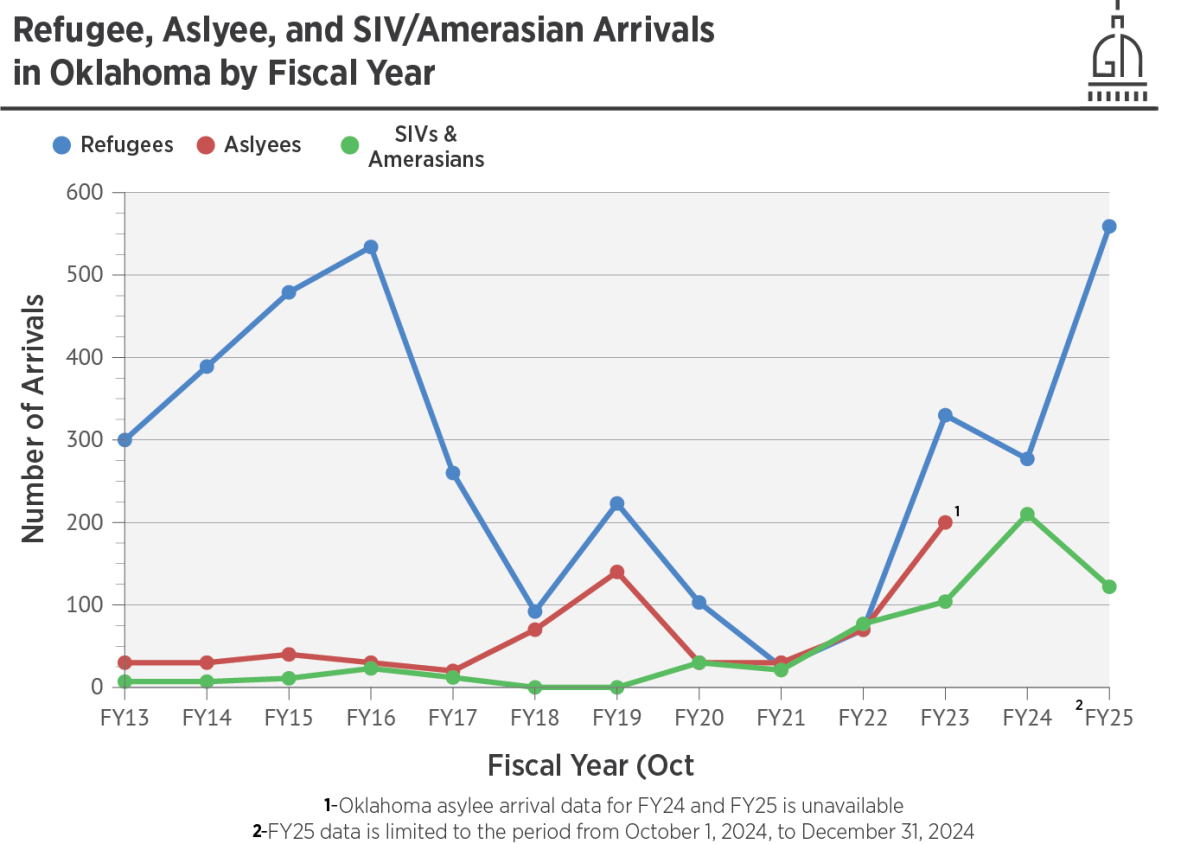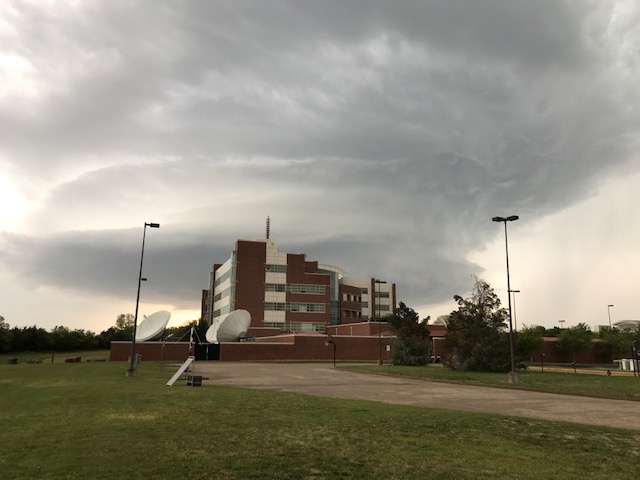WASHINGTON – After nine execution dates and three last meals, Richard Glossip’s case will be heard by the United States Supreme Court on Wednesday, Octo, 9, as he seeks a new trial with the support of Oklahoma Attorney General Gentner Drummond.
The Supreme Court will hear arguments on Wednesday, Oct. 9, to determine if there are grounds for a new trial or if the state may execute Glossip.
Assistant Justice Neil Gorsuch recused himself from the case shortly after the Supreme Court agreed to hear it in early 2024. Gorsuch was involved in the case early on when he was an appeals court judge for the 10th Circuit Court of Appeals.
In 1998, Glossip was convicted for the murder of 1997 Barry Van Treese. Van Treese was bludgeoned to death with a baseball bat in a room at a motel where Glossip was the manager. Justin Sneed, one of Van Treese’s employees, confessed to killing him while high on meth.
There is a lack of evidence implicating Glossip in the murder aside from Sneed’s testimony that Glossip paid him up to $10,000 to kill Van Treese.
Glossip maintains his innocence and that he did not receive a fair trial. He argues that because Sneed was under psychiatric care, which Sneed did not disclose, his right to due process of law was violated under precedents set by Brady v. Maryland and Napue v. Illinois cases.
Brady v. Maryland held that due process is violated when the prosecution suppresses material or favorable evidence.
Napue v. Illinois holds that the prosecution violates due process of law when it knowingly offers or fails to correct misleading testimony.
“Brady and Napue violations are especially pernicious because they can lead to the wrongful conviction of innocent people,” the ACLU wrote in a brief it filed in support of ordering a new trial. “In fact, such violations have been major contributors to the wrongful convictions in Oklahoma and elsewhere.”
According to information from the National Registry of Exonerations, of the 48 exonerations in Oklahoma, at least 24 have involved a Brady or Napue violation. The 24 individuals exonerated spent a total of 332 years incarcerated.
Glossip maintains that because Sneed’s testimony omitted his psychiatric care, prosecutors violated his rights by failing to correct the record.
In 2023 Drummond asked the Oklahoma Criminal Court of Appeals to set aside Glossip’s conviction and send the case back to district courts. His plea was denied.
In asking the Oklahoma Criminal Court of Appeals to set aside Glossip’s conviction, Drummond conceded that errors were made.
“After thorough and serious deliberation, I have concluded that I cannot stand behind the murder conviction and death sentence of Richard Glossip,” Drummond said.
Drummond filed a brief in support of the petitioner that requested the court reverse and remand with instructions to vacate the conviction and order a new trial.
“As the state reluctantly concluded after an exhaustive study and the appointment of an independent counsel, its prosecutors did not live up to the standards demanded by Oklahoma and the Due Process Clause,” Drummond wrote. “By suppressing important evidence about the state’s indispensable witness and then knowingly eliciting false testimony on the same subject, the prosecutors violated both Brady and Napue.”
Two independent reports have found numerous flaws in Glossip’s case. A bipartisan group of Oklahoma state legislators requested the first report.
The report concluded that no reasonable group of jurors could have heard all of the evidence, including the evidence suppressed by prosecutors, and found Glossip guilty.
Drummond requested a second report, which shed light on multiple errors. The report concluded that the errors cast doubt on Glossip’s conviction.
State Reps. Kevin McDugle (R-Broken Arrow) and J.J. Humphrey (R-Lane), state Senators David Bullard (R-Durant) and Blake Stephens (R-Tahlequah) and former state Representative Gary Mize, authored an amicus brief in support of Glossip’s plea.
“The State’s appalling misconduct is ‘inconsistent’ with the rudimentary demands of justice,” the state legislators wrote. “The Attorney General is therefore correct: It would be ‘a grave injustice’ to allow the execution of Richard Glossip to proceed, when his trial was plagued by so many, including Brady and Napue violations.”
Glynn Simmons, who recently received $175,000 from the State of Oklahoma in a settlement related to his 48 years incarcerated was exonerated due to a Brady or Napue violation. The prosecution in his case relied on a false or misleading police report during the trial.
Family members of Derek Van Treese filed an amicus curiae brief in support of the State of Oklahoma requesting the court dismiss the case due to lack of jurisdiction.
“In considering how the court should resolve this case, the court should consider the effects of further delay on Barry Van Treese’s family and bring this case to a rapid conclusion,” Paul G. Cassell, counsel of record for the brief, wrote.
Kevin Eagleson is reporting from Gaylord News’ Washington bureau this fall as part of an OU Daily scholarship.
Gaylord News is a reporting project of the University of Oklahoma Gaylord College of Journalism and Mass Communication. For more stories by Gaylord News go to GaylordNews.net







